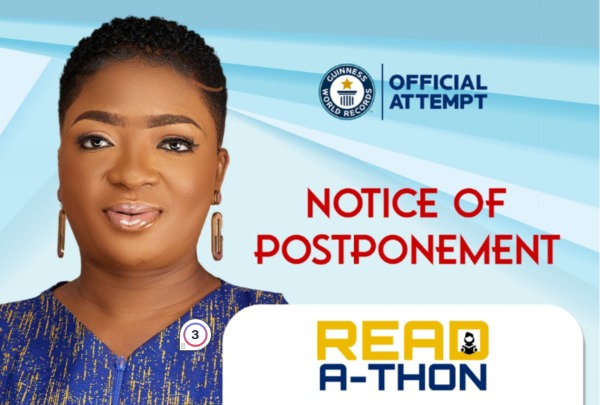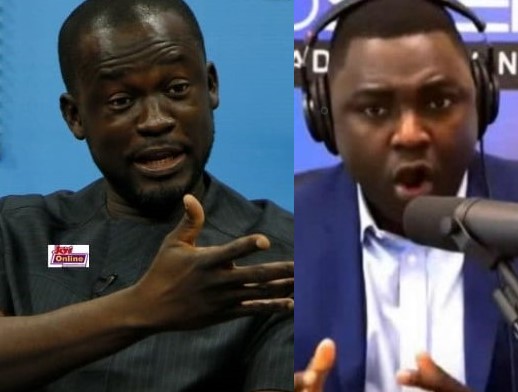
Dr George Akuffo Dampare , Inspector General of Police
The public’s perception of the average policeman extorting money ‘to kill cases’ has been re-ignited by the sad news about a pack of five police officers who are alleged to have extorted monies from drivers in Asamankese in the Eastern Region during patrol operations.
Caught in the act, as shown in a video that has gone viral, it appears that the story may be moving from the realm of allegation into fact, which may have compelled the police authorities to interdict the personnel implicated.
Angry about the brazenness with which the service personnel on duty carried out the nefarious operations, the Inspector-General of Police, ahead of a formal inquiry, directed that their uniforms and other paraphernalia be retrieved from them.
Canker
As most passengers would admit, traffic policemen most of the time appear to be those in the public eye when it comes to the level of impunity that characterises routine road checks. Unfortunately, sometimes, these officers overdo it to such an extent that drivers are compelled to remind them that they have already paid their ‘dues’. That is aside of the ‘small’ cases that detectives drop and settle among complainants and defendants.
Of course, since such cases may still be ‘small and manageable’, the natural option in a culture and environment where our systems are still developing is to avoid protracted court cases and expenses that we may consider unnecessary.
So, we as citizens add to the complicity to give something even where we can explain ourselves and expect the police to listen or understand, without being put to that kind of financial pressure.
Self-restraint
It is one thing seeing a policeman in the hot sun on lawful operations and handing over a bottle of iced water to him in appreciation of his work.
However, moving out in a convoy on operations and deliberately deciding that such routine activity must be rewarded at all cost cannot be in the interest of the police or driver or, indeed, anybody who has questions to answer during such an operation.
It is therefore imperative that some sense of self-restraint is brought to play when we and policemen come into lawful ‘contact’ or ‘confrontation.’
Growing the police institution
Since the last decade, the Ghana Police Service has gone through a baptism of fire, with the criminals within and without being its worse enemies. From kidnappers and party vigilante operatives through bandits to illegal miners, it has been compelled to bring out its best to assure the public that it is a worthy partner in security and national development.
Particularly with the induction into office of the current IGP, it is emerging that while institutions may act ordinary and look ordinary in ordinary times, the times may also produce leaders that, by attitude and character, positively affect the institutions.
As far as we at the Daily Statesman are concerned, the interdiction of the five officers should provide us with learning points in an era where technology, as was applied to expose the affected officers, is becoming commonplace even for the charcoal seller from Binduri.
That is why, in our opinion, it is always important that we all watch our steps, particularly when we are out there in the public glare.







